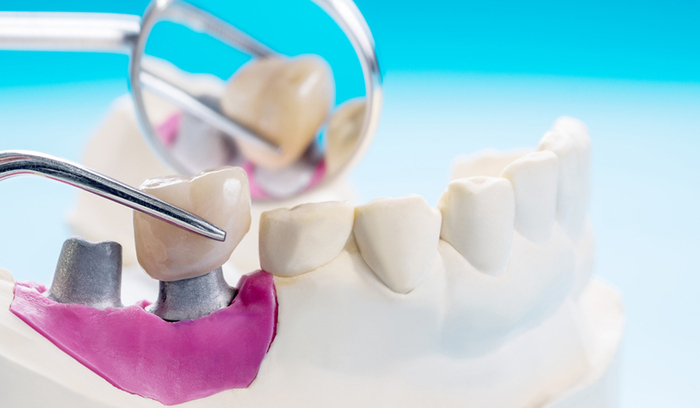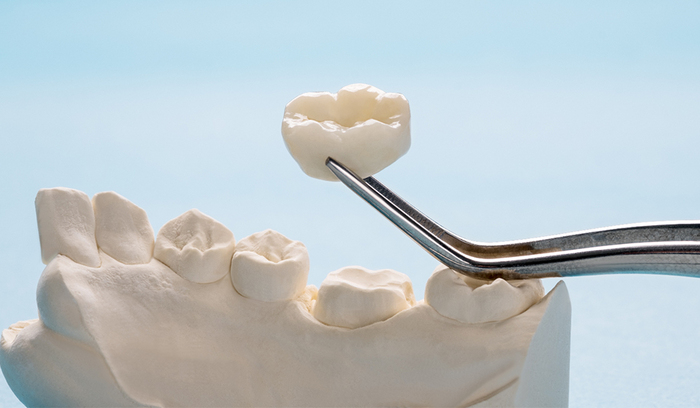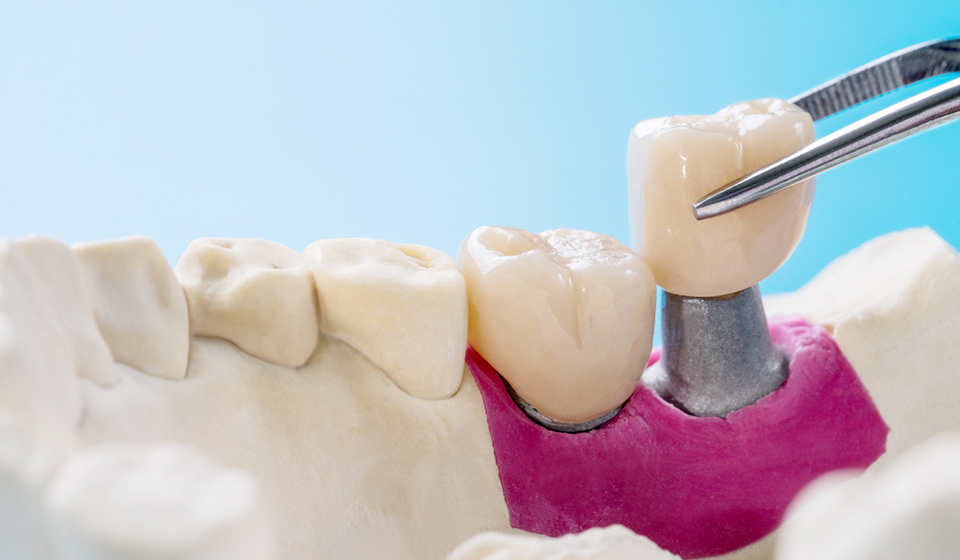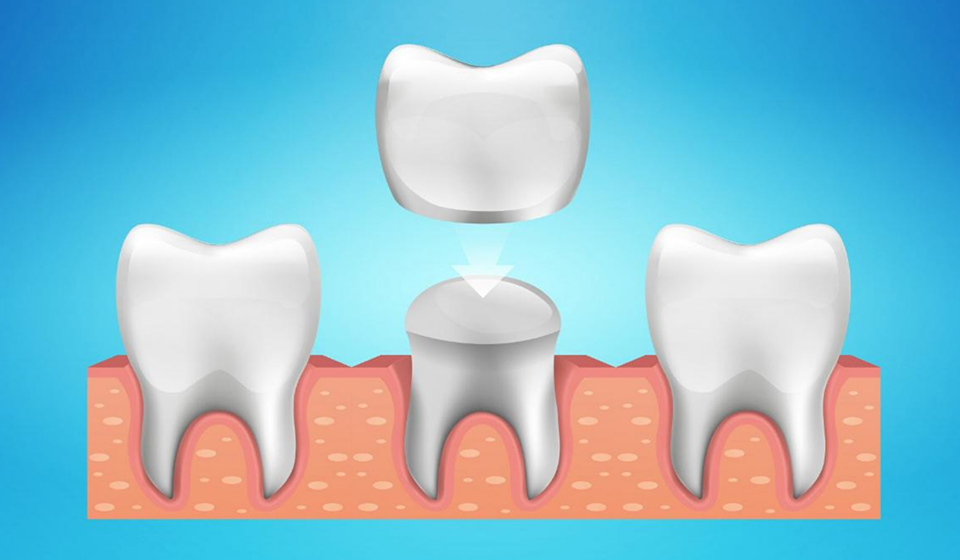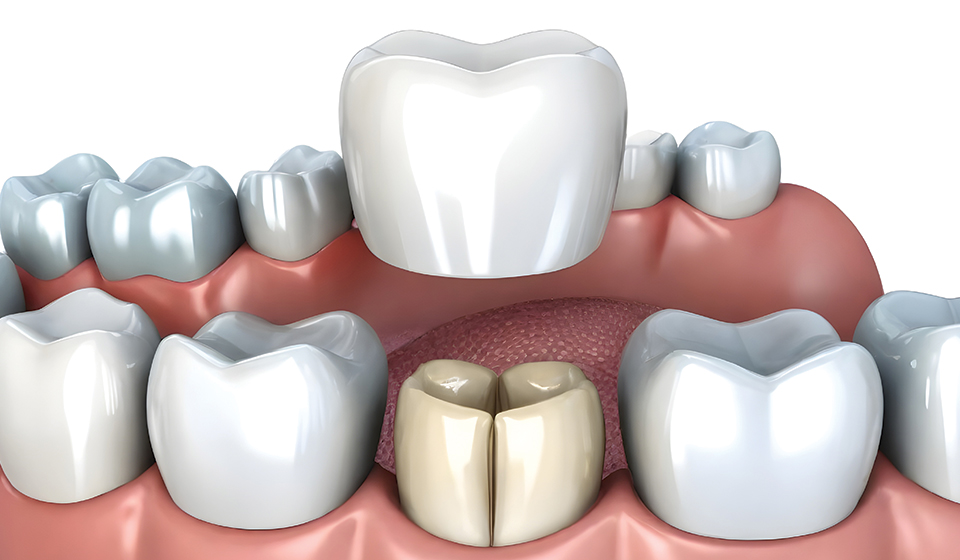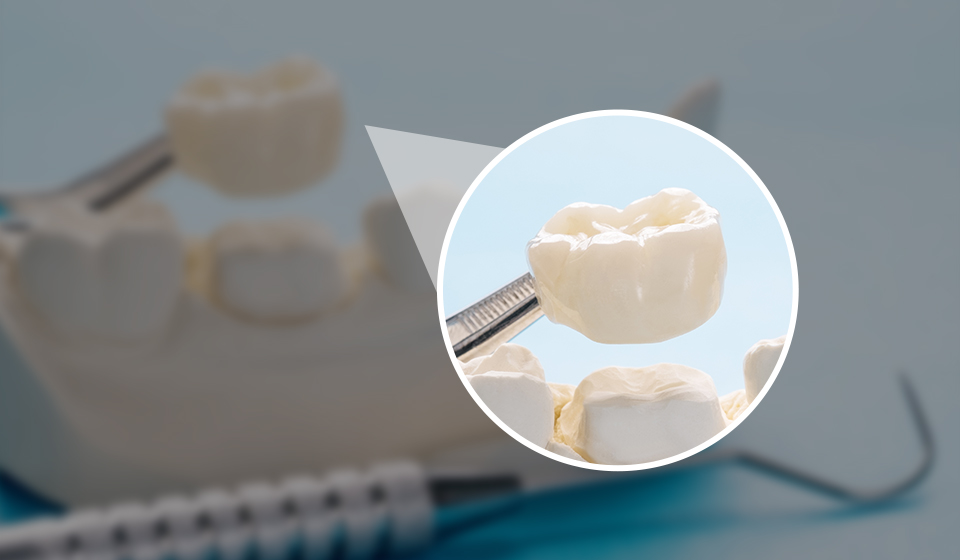A dental crown isn’t just a cap; it’s a restoration powerhouse, designed to bring back your tooth’s strength, functionality, and aesthetic appeal. When a tooth is severely damaged, decayed, or weakened, a crown can be the perfect solution. It’s a procedure that blends artistry with science, offering a seamless and long-lasting result. Let’s demystify the process of getting a Dental Crown in Houston, giving you a clear picture of what to expect and how it can transform your smile.
Understanding the Need for a Dental Crown
Before diving into the process, it’s crucial to understand why a dental crown is often necessary. Crowns aren’t just for cosmetic enhancements; they serve essential restorative purposes.
- Protecting a Weakened Tooth: After a root canal or significant decay, a crown adds strength and prevents further damage.
- Restoring a Broken or Fractured Tooth: It brings back the tooth’s original shape and function.
- Covering a Dental Implant: Crowns are the final step in replacing a missing tooth with an implant.
- Supporting a Large Filling: When a filling is too large for the remaining tooth structure, a crown provides stability.
- Improving Cosmetic Appearance: Crowns can correct severe discoloration, misshapen teeth, or other aesthetic issues.
Step 1: Initial Consultation and Preparation
The journey to a new crown starts with a comprehensive consultation. Your dentist will assess your oral health and determine if a crown is the right solution.
- Examination and X-rays: Your dentist will examine your teeth and take X-rays to evaluate the extent of the damage.
- Treatment Planning: They will discuss the best type of crown for your needs, considering factors like material, color, and fit.
- Tooth Preparation: The tooth will be carefully shaped to accommodate the crown, ensuring a proper fit.
Step 2: Taking Impressions
Accurate impressions are crucial for creating a crown that fits perfectly and looks natural.
- Digital or Physical Impressions: Your dentist will take precise impressions of your prepared tooth and surrounding teeth.
- Sending Impressions to the Lab: The impressions are sent to a dental lab, where the crown will be custom-made.
Step 3: Temporary Crown Placement
While your permanent crown is being fabricated, a temporary crown is placed to protect your prepared tooth.
- Temporary Crown Fabrication: A temporary crown, usually made of acrylic, is created in the dental office.
- Placement and Adjustment: The temporary crown is placed over your prepared tooth and adjusted for comfort.
- Protection and Function: The temporary crown protects your tooth and allows you to chew and speak normally.
Step 4: Permanent Crown Placement
Once your permanent crown is ready, you’ll return to the dental office for placement.
- Removal of Temporary Crown: The temporary crown is removed, and the prepared tooth is cleaned.
- Placement of Permanent Crown: The permanent crown is placed over your tooth and checked for fit and color.
- Cementation: The crown is cemented in place with a strong dental adhesive.
- Final Adjustments: Your dentist will make any necessary adjustments to ensure comfort and proper bite alignment.
Maintaining Your Dental Crown
Proper care can extend the lifespan of your dental crown and keep your smile looking its best.
- Regular Brushing and Flossing: Maintain good oral hygiene to prevent plaque buildup.
- Avoid Hard Foods: Prevent damage by avoiding biting on hard foods or objects.
- Regular Dental Checkups: Schedule regular appointments with your dentist for professional cleanings.
The Benefits of a Well-Placed Dental Crown
A well-placed Dental Crown in Houston can significantly improve your oral health and quality of life.
- Restored Functionality: Allows you to chew and speak comfortably.
- Improved Aesthetics: Enhances the appearance of your smile.
- Long-Term Durability: Provides a strong and lasting solution.
- Prevented Further Damage: Protects weakened teeth from further decay or fracture.
Concluding Thoughts
By understanding the step-by-step process, you can approach your dental crown procedure with confidence. At Unident Family Dentistry in Houston, we are committed to providing exceptional care and helping you achieve a healthy and beautiful smile. Let us guide you on your journey to a restored and confident you.

